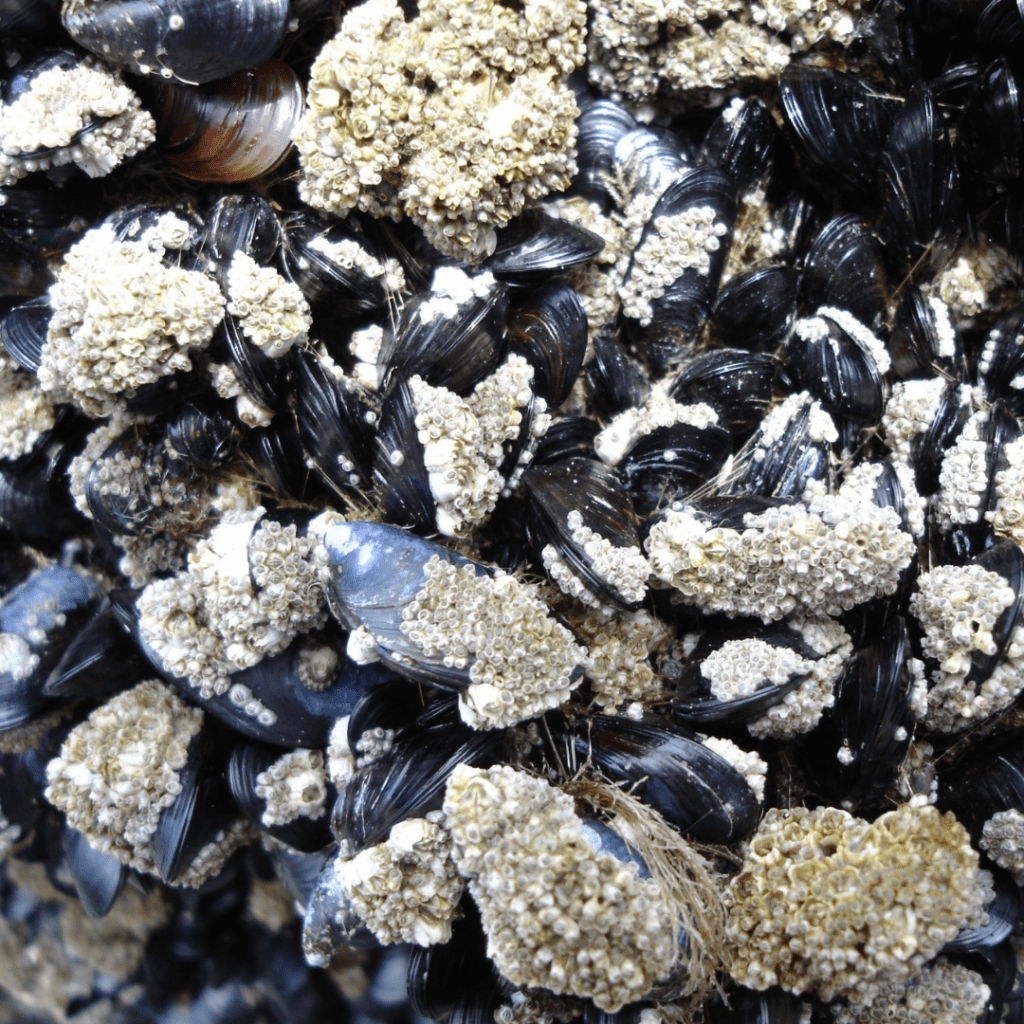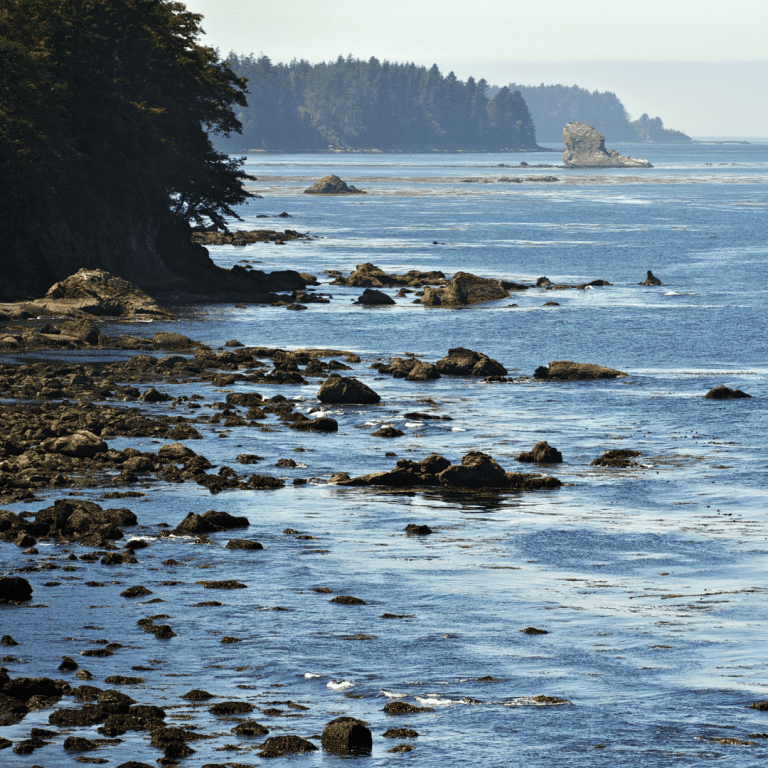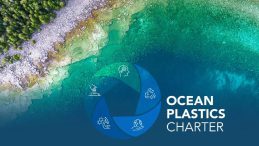As late June and early July set new heat records across Canada, it is estimated that over one billion marine animals along the shores of the Salish Sea may have died from British Colombia’s heat wave alone. Intertidal animals left exposed on the shorelines during low tide were especially impacted. Notably, images of the tens of thousands of dead mussels on the shoreline have been making national headlines. But what exactly are mussels, and why are they important?
“Each mussel can filter 1.75 litres of seawater per hour, and given that they colonise at a density of around 500 mussels per metre squared, it becomes clear how they can have a positive impact pretty quickly.” – Antony Knights, marine ecologist at the University of Plymouth

Like clams, scallops, and oysters, mussels are bivalves, which are molluscs with two hinged shells. Located on the rocks and seawalls of intertidal zones, they consume microscopic matter and serve as the ocean’s filtration system by eliminating huge amounts of excess algae and organic particles.
However, since mussels take in the microscopic particles of their surroundings, a study at the Yale School of the Environment indicates that there are microplastics in the mussels we buy at the grocery store. The study showed that one gram of mussel meat purchased from a grocery store contains between 0.13 – 2.45 microplastic particles. And those from the North Atlantic and South Pacific are the most contaminated.
So when you are throwing away your plastic, it’s just ending up back on your dinner plate!
In addition to microplastics, the recent heat wave has also negatively impacted mussel populations. While most seashore animals can survive in the 30-40 °C range, the mussel beds on the shores of the Salish Sea measured at over 50°C. The mussels simply could not withstand the heat.
It is unclear how long it will take for the mussels to make a comeback on the shores of the Salish Sea. What we do know is that, at least in the short term, not only will water quality will be impacted, but creatures such as birds and sea stars will be missing a critical food source, and biodiversity will be impacted since mussels create reef habitats for other marine animals.
To lend mussels a helping hand in the meantime, let’s make sure we are reducing, reusing, and recycling the plastics we are consuming. Building a circular economy will keep microplastics out of our oceans for good, as well as off our dinner menu!


